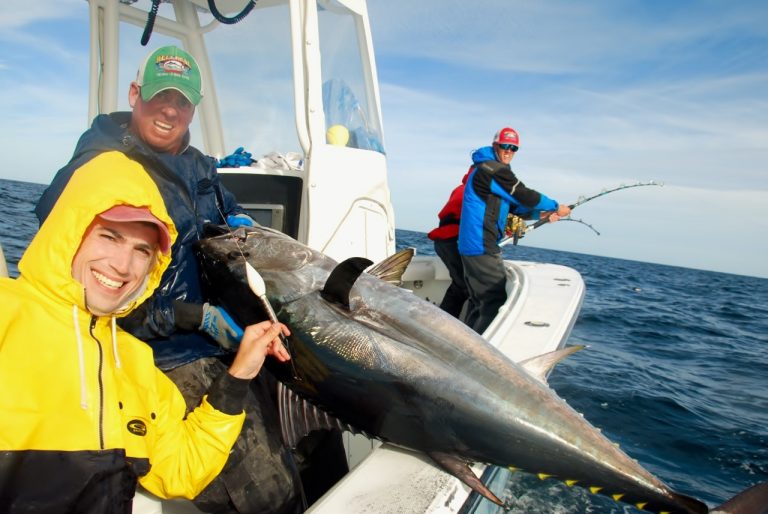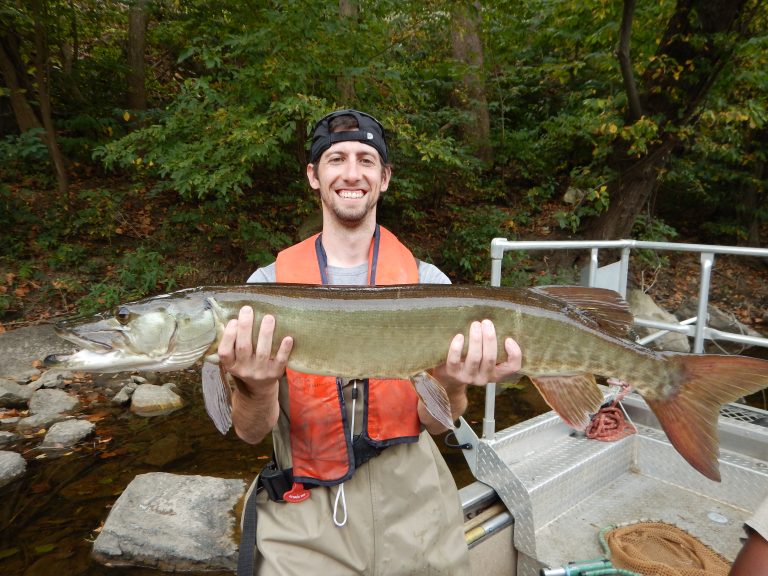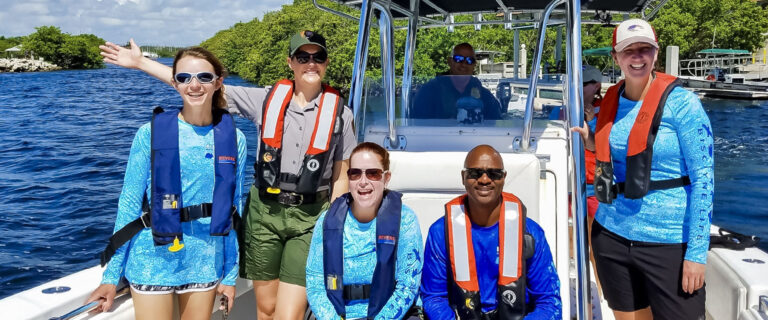It’s that time of the year again! No, I’m not talking about fall — although sweater weather, hot apple cider, the changing leaves, and Halloween make this my favorite season — but the semester where Virginia Sea Grant is seeking applicants for their fellowship. As a second-year Graduate Research Fellow, I compiled a few tips to help guide you through this process and hope that after reading this post, you will be encouraged to apply to this exceptional program. Here are five tips to help you ace your application.
Commit to the process
At first glance, the application may seem daunting. Students are asked to submit a project narrative, budget, timeline, and more. You are also asked to identify a potential advisor and mentor that would be willing to work with you throughout your fellowship, with a high likelihood of overlap between your proposed fellowship research and your dissertation or master’s thesis. Thankfully, Virginia Sea Grant requires that interested students contact them early in the application process, which helped provide me with additional information and turn the possibility of applying into a reality. It also allowed me to ask important questions and have a better understanding of what to expect from the fellowship.
Although the application is a lot of work, an advantage is that even if your proposed research is not selected, the application helps you put your research into perspective and allow you to articulate your ideas more clearly. It can also help you choose a dissertation or thesis project in advance by encouraging you to examine gaps in research early in your academic program. Once you decide that you are interested in the fellowship, it is vital that you commit to the application process well in advance and flesh out the concept for your research in the months to come.
Select the perfect advisor and mentor
Your advisor and mentor are two of the most important components to your fellowship experience — well, besides you, of course. Your advisor is the academic arm of your team. She or he will be the principal investigator, should have experience in conducting research that is relevant to your selected project, and will guide you on best practices from that standpoint. On the other hand, your professional mentor should be someone with practical experience in your area of interest, perhaps a practitioner that works with your target audience. This professional mentor should have access to professionals and opportunities that will allow you to gain field experience and become better acquainted with your research area through a firsthand perspective.
Additionally, I believe it’s important that your advisor and mentor complement each other. For example, my advisor has extensive research experience that focuses on hurricanes and flooding, and my professional mentor is an expert in emergency management within the college setting. Their experience builds off each other and provided a foundation for my research. Also, from my experience, advisor and mentor arrangements work best if you have some type of established relationship with each prior to beginning the fellowship. Remember that they are there to help you and they want you to succeed. Don’t be afraid to bounce your ideas off them and consult them while constructing your application materials.
Craft your application package
After you select your potential advisor and mentor, you will need to begin putting together your application materials. Your package will include items like your advisor and mentor’s curriculum vitae, professional recommendations, and a university-approved budget. I suggest that you request external items like these from the appropriate people well in advance to ensure that they are submitted by the deadline and to give yourself time to make any necessary changes. For example, the budget may take more time than expected because you will work with your university to create it and your university is required to provide a 50 percent match to any Virginia Sea Grant funding that you request. You may also need to collaborate with your specific department or the research body of your institution to find sources to help you meet the requirement, which may take some effort.
The project narrative is another substantial part of your application. I suggest that you work closely with your advisor and mentor while writing your narrative to ensure your project is feasible and that you are thoroughly communicating your research interests as well as the connection to the Virginia Sea Grant mission, vision, and values. Finally, you will round out your application with your professional development statement and relate the project to your career aspirations. By showing clear connections between your proposed research, your team and their experience, Virginia Sea Grant, and your future professional goals, you will be able to demonstrate how the fellowship will allow you to gain crucial experience, which will make you a more competent researcher and competitive job applicant post-commencement.





